Introduction
India is one of the largest producers of electronic waste globally. With rapid digitization and increasing consumption of electronic products, proper disposal and recycling of e-waste has become a necessity. To address this, the Indian government has made Extended Producer Responsibility (EPR) registration mandatory for all producers, importers, brand owners, and recyclers of electronic products. EPR ensures that those introducing electronic products into the market are responsible for their end-of-life disposal.
Who Needs EPR Registration?
EPR registration is required for the following entities:
Producers: Anyone manufacturing electrical or electronic equipment (EEE) in India.
Importers: Any company or individual importing EEE into the country.
Brand Owners: Selling products under a brand name, even if manufactured by a third party.
Recyclers & Refurbishers: Involved in dismantling, repairing, or recycling e-waste.
Small and micro enterprises may be exempt, depending on turnover and production capacity, but it's advisable to verify the specific criteria.
Benefits of EPR Registration
Regulatory Compliance: It is a legal requirement. Non-compliance can lead to penalties and restrictions on business operations.
Environmental Responsibility: Helps in reducing pollution and promotes sustainable waste management.
Brand Reputation: Demonstrates commitment to sustainability and responsible production.
Smooth Imports & Sales: Mandatory for clearance of imported goods at customs and sales across India.
EPR Registration Process – Step by Step
1. Create an Account on the CPCB Portal
Start by registering your company on the official Central Pollution Control Board (CPCB) portal. Use your company email ID and phone number for verification.
2. Select the Right Category
Choose whether you are registering as a Producer, Importer, Brand Owner, or Recycler. Each category has its own specific requirements.
3. Fill in Application Details
Provide all necessary details including company name, address, GST, PAN, type of products you deal with, and estimated quantity of e-waste generated or handled annually.
4. Upload Required Documents
Documents needed typically include:
GST Certificate
PAN Card
Certificate of Incorporation
Authorized Signatory ID Proof
Product Specifications
Agreement with Recycler/PRO
E-Waste Management Plan (including collection, storage, awareness, and recycling methods)
Ensure all documents are properly scanned and in the required format.
5. Pay the Registration Fee
Fees are based on the nature and scale of operations. For example, large importers or producers may pay higher fees than smaller entities. This may include both application and annual maintenance fees.
6. Application Review by CPCB
After submission, the CPCB reviews the application. If documents are complete and accurate, the certificate is issued. In case of errors, they may request clarifications or corrections.
7. Issuance of EPR Certificate
Once approved, you’ll receive an EPR Certificate valid for 5 years. It includes your EPR registration number which must be used in all future compliance reporting.
Post-Registration Compliance
After receiving the certificate, you must:
Fulfill annual targets for collection and recycling.
Collaborate with authorized recyclers or Producer Responsibility Organizations (PROs).
Submit annual reports and performance data through the CPCB portal.
Conduct awareness campaigns and set up collection systems.
Ensure proper labeling and instructions for consumer disposal.
Failing to meet these requirements may lead to suspension of your EPR license or penalties.
Key Updates in 2025
Deadline Extension: The filing deadline for annual returns has been extended from June 30 to August 15, 2025
Portal Revamp: The CPCB portal has been updated for smoother submission and tracking.
Increased Monitoring: Random audits and inspections are expected to increase in 2025 for better enforcement.
Common Mistakes to Avoid
Incomplete or inaccurate documentation
Missing the filing deadlines for compliance reports
Not setting up a proper collection or recycling system
Failing to track and report e-waste movement
Importing goods without valid EPR registration
Being proactive and organized can help avoid these issues and ensure smooth operations.
Conclusion
EPR registration is not just a regulatory requirement—it is a commitment to sustainable business practices and environmental protection. For manufacturers, importers, and sellers of electronic products, complying with EPR rules is essential in 2025. The process involves proper planning, document preparation, and ongoing efforts to meet recycling targets. By taking the right steps now, businesses can avoid penalties, improve their reputation, and contribute positively to India’s e-waste management ecosystem.
To read the complete blog, visit:
👉 https://www.psrcompliance.com/blog/epr-registration-for-e-waste-in-india-2025

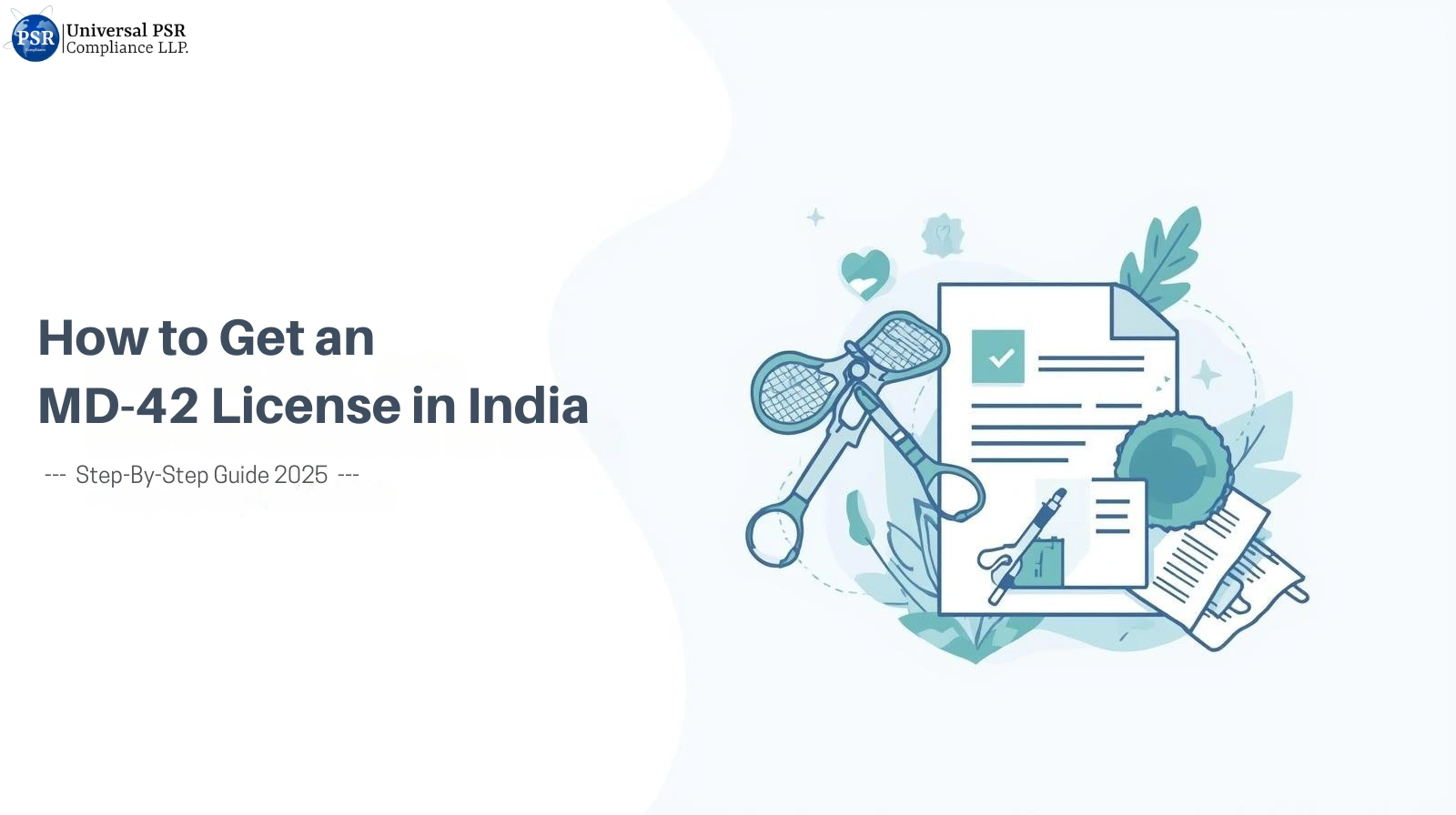
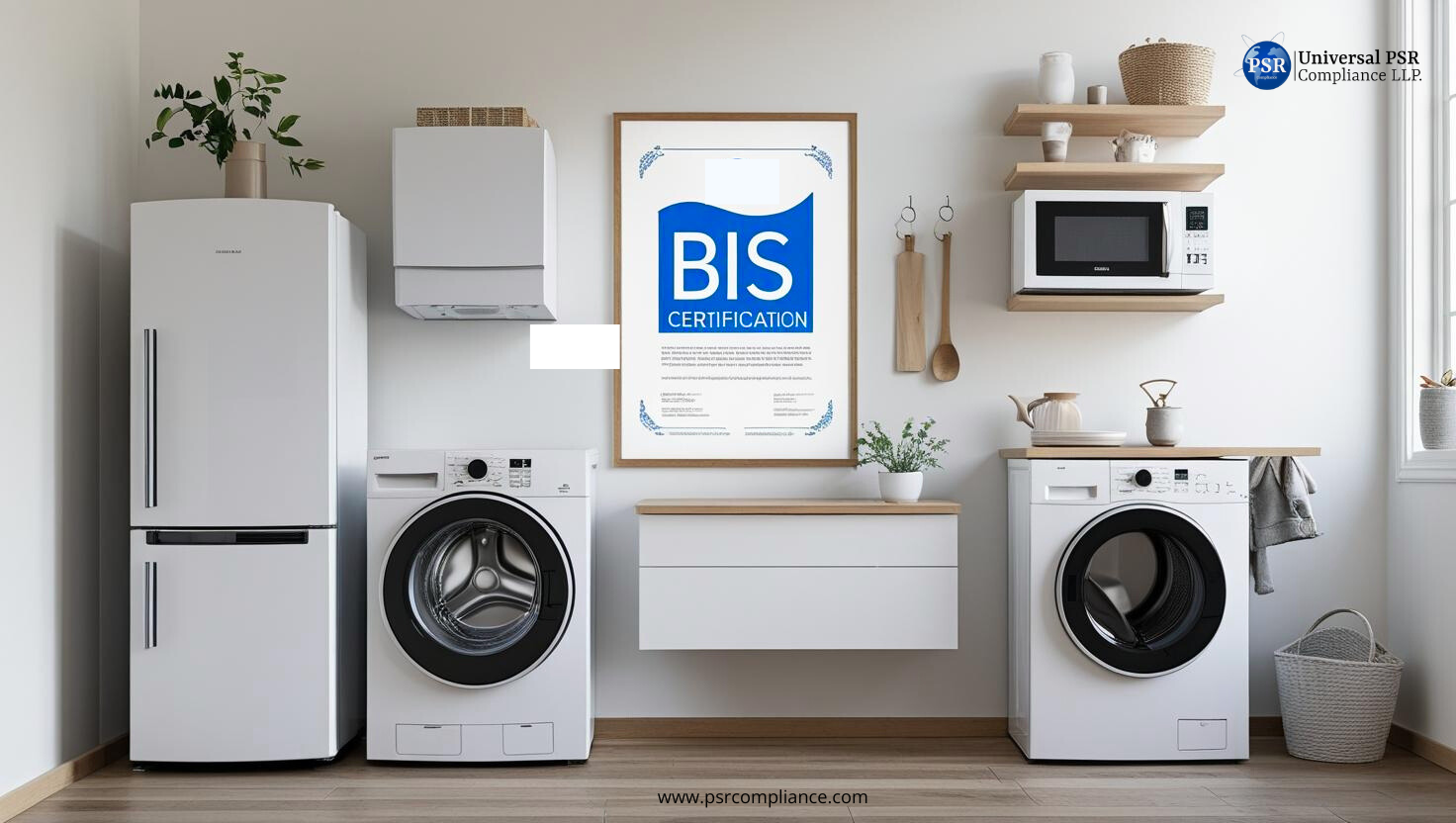
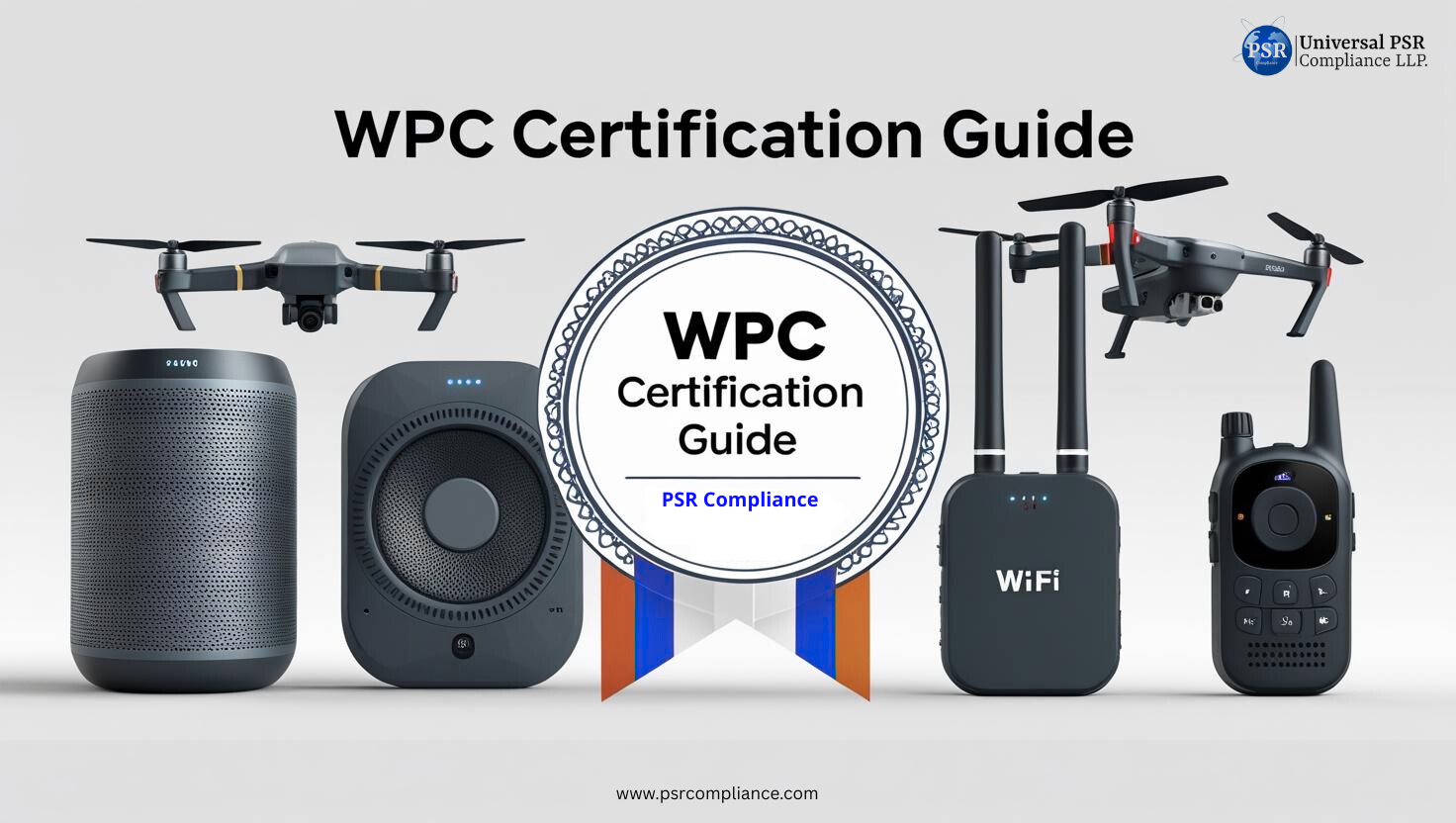
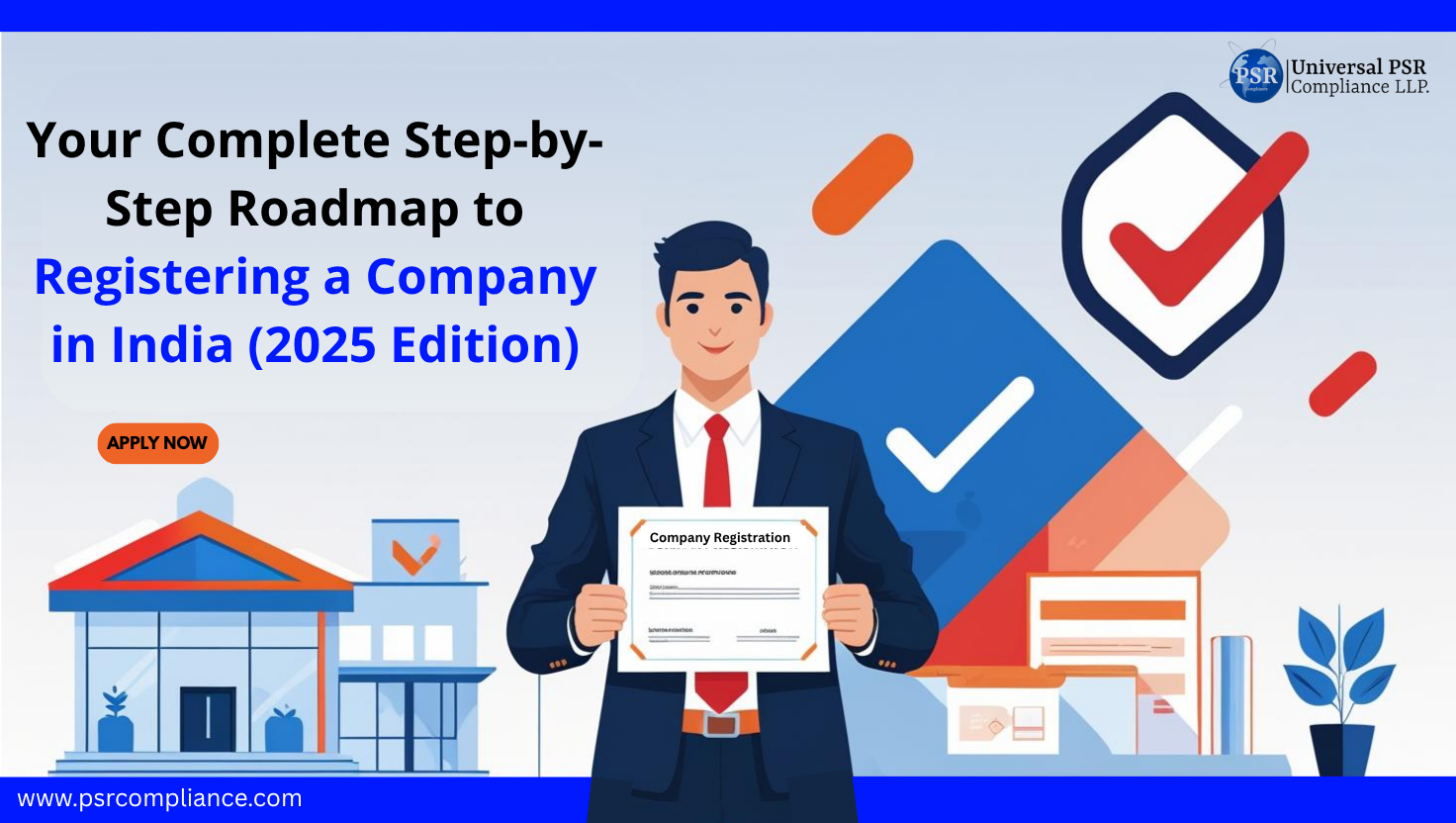

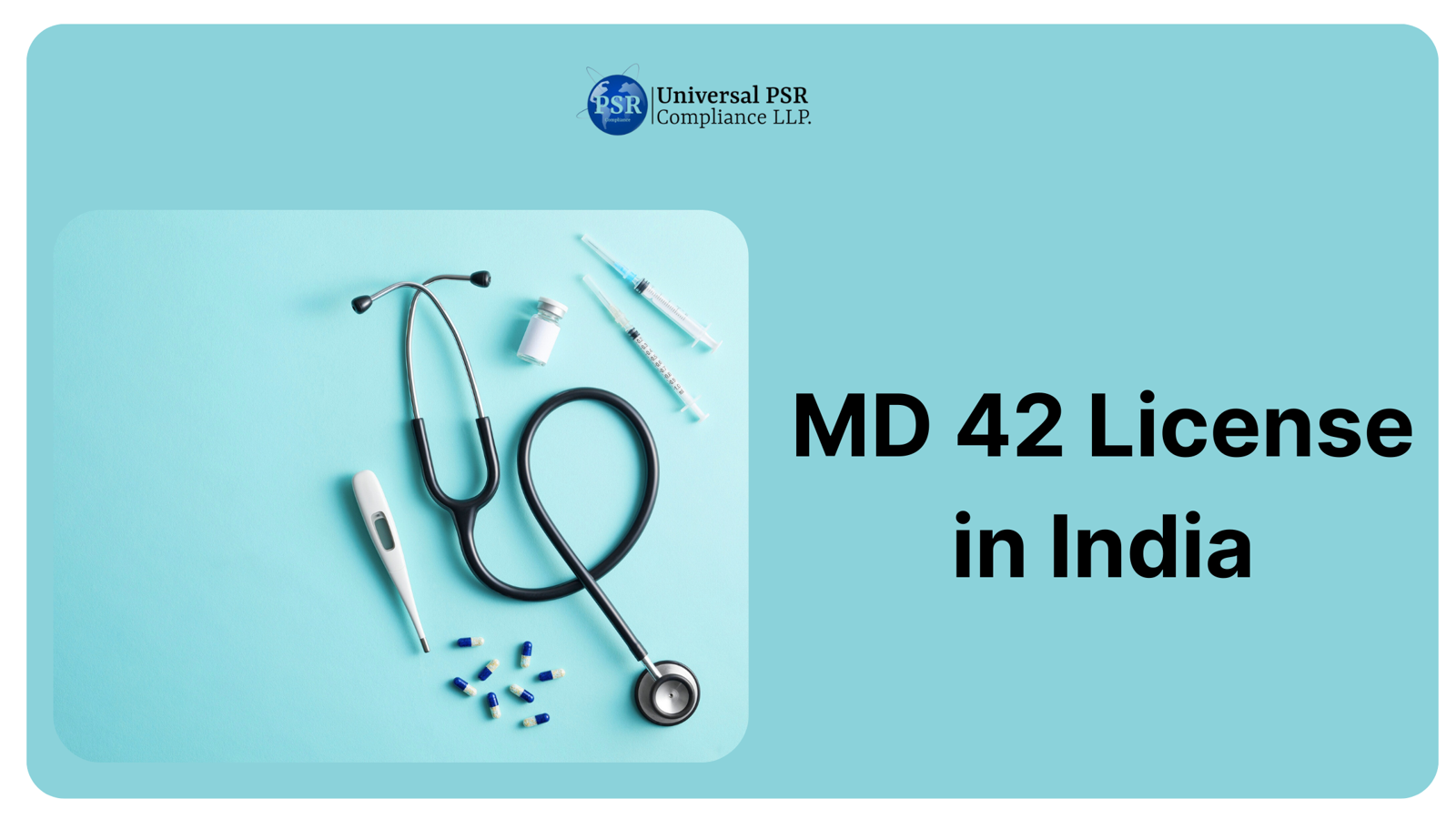
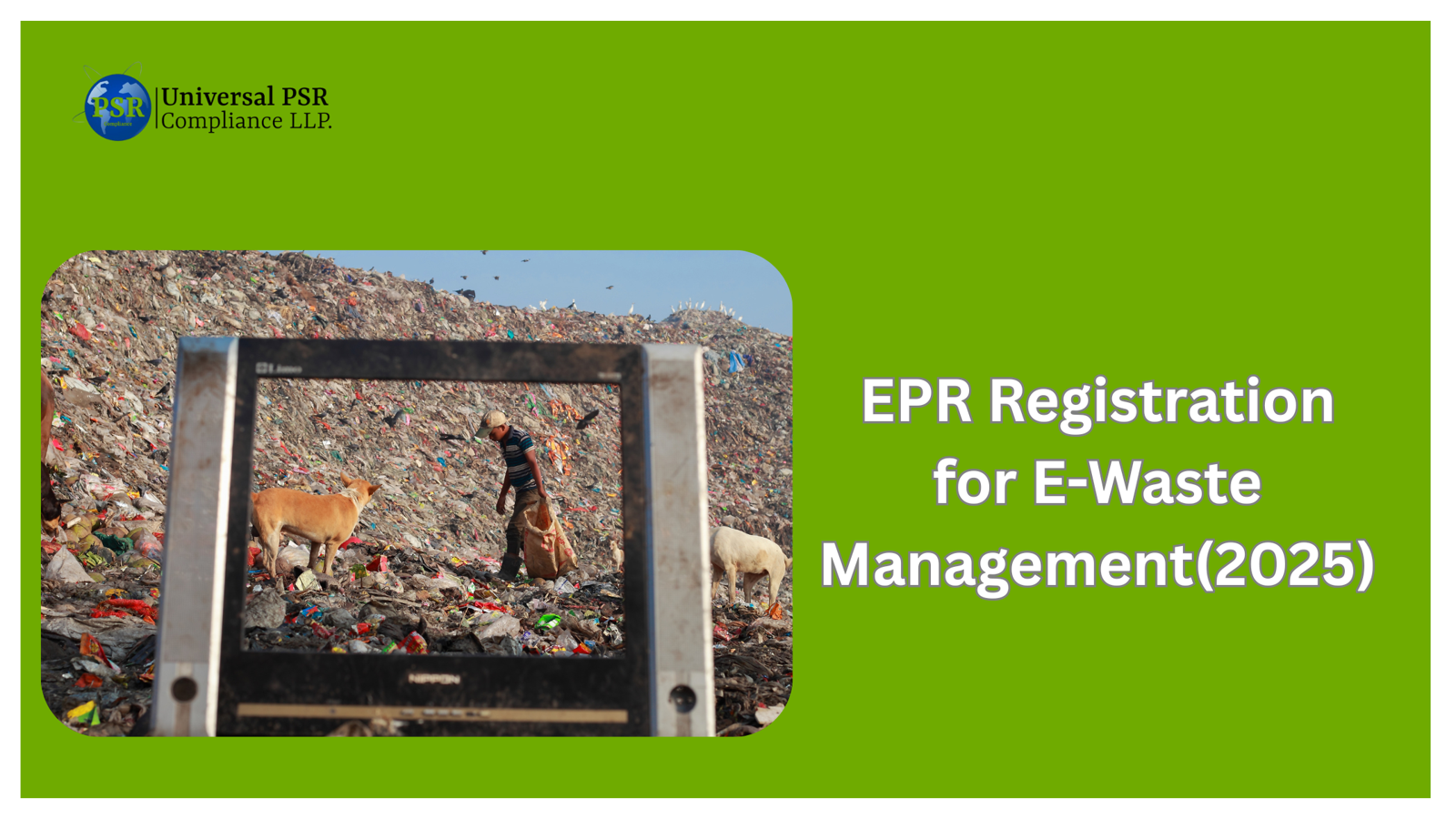




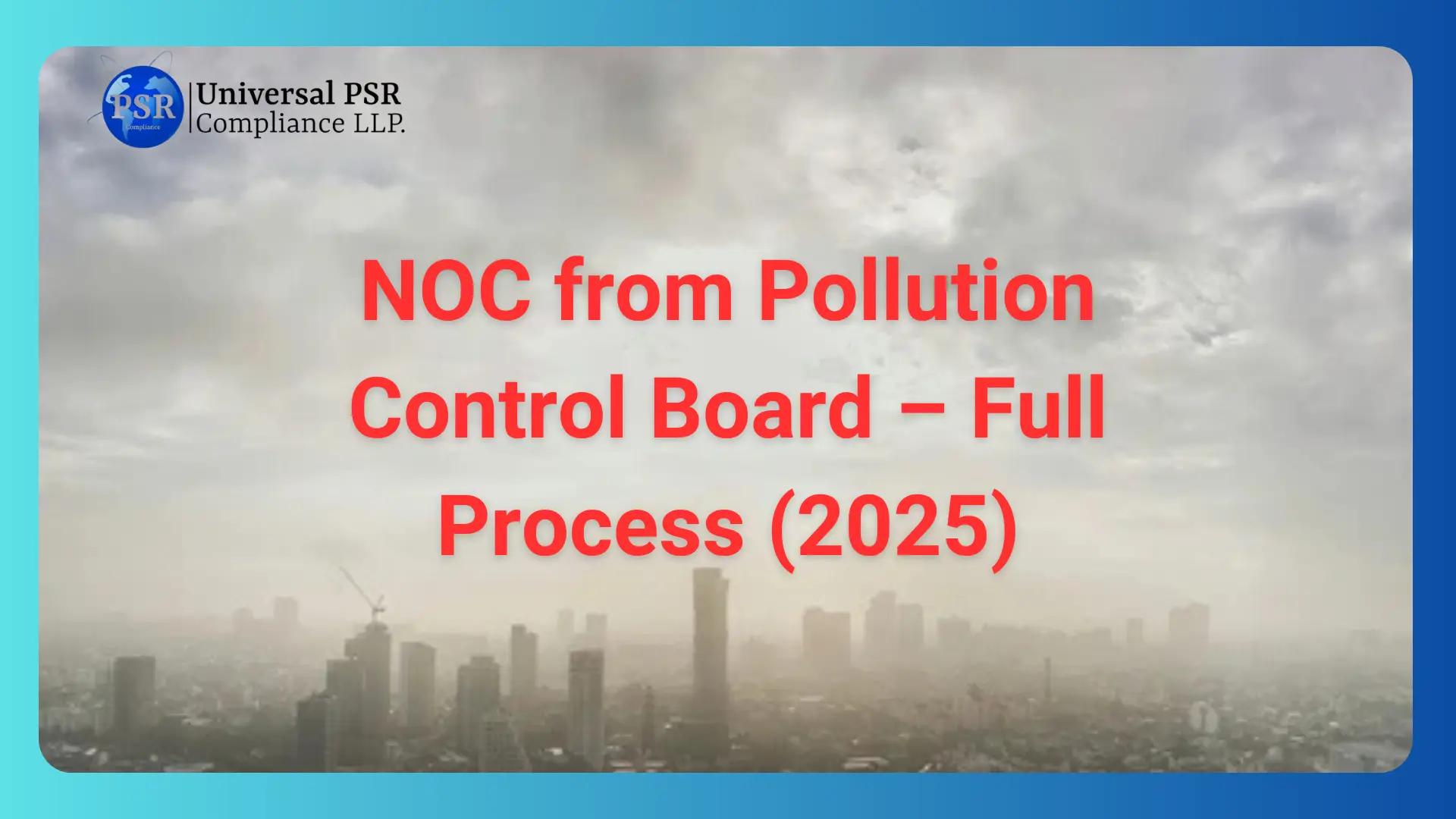


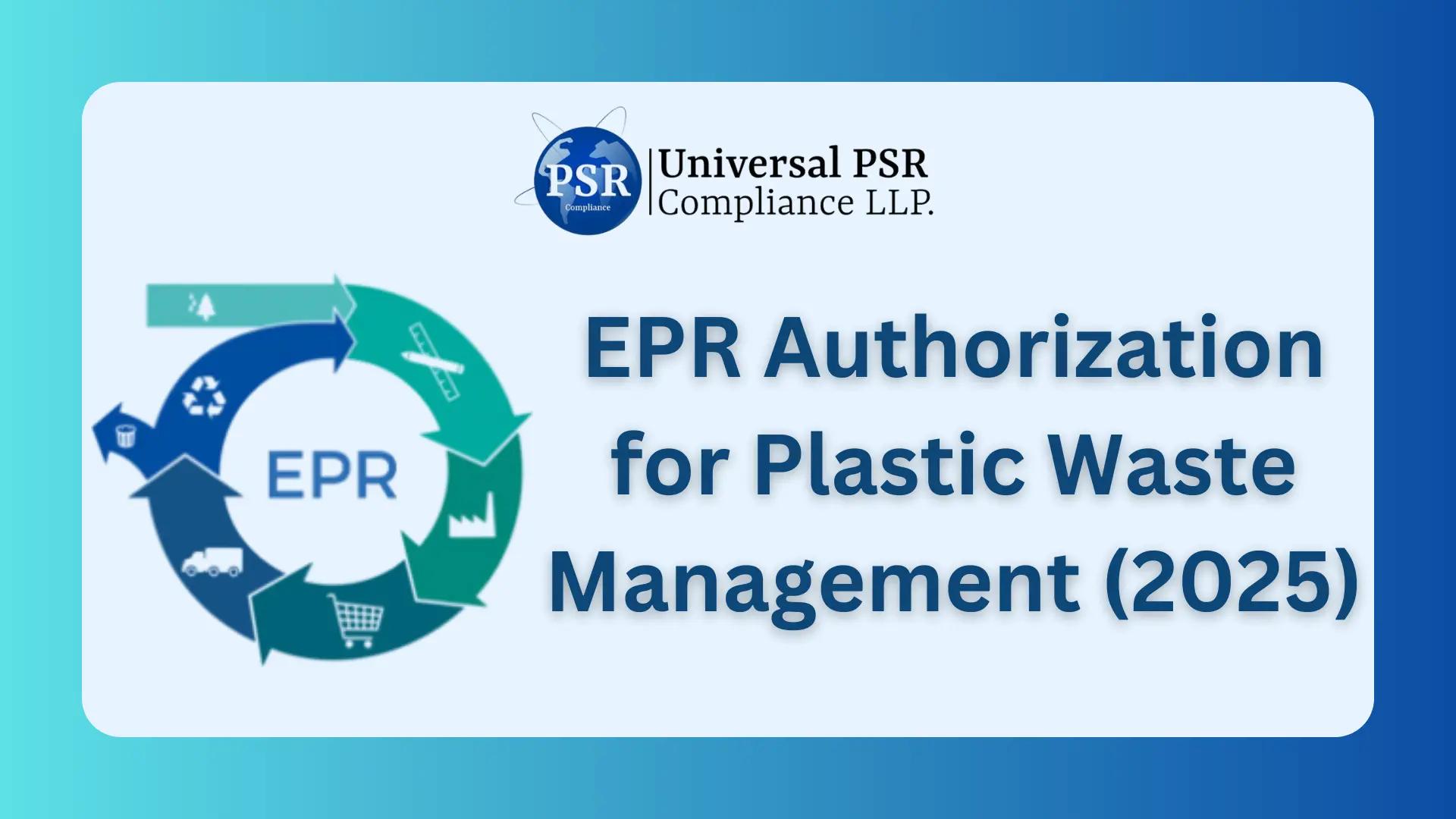
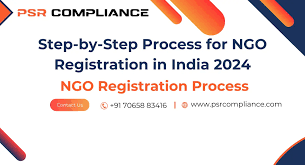
Write a comment ...